In part one of this review, I wrote about how I came to reread the book and my surprise that it was not more easily available. As I plunged into this lengthy tome, I became impressed by how relevant it is to our modern era. There is the same disparity between rich and poor, although now it has become worse. In Hearst’s day, the super rich owned oil companies, railroads, and, as in Hearst’s case, media outlets. Nowadays we have dot-com billionaires. In Hearst’s day, the super rich somehow felt a sense of entitlement, just as they do now. Many became involved in politics, either directly or indirectly, to protect their own interests, just as they do now.
Hearst was born with a silver spoon in his mouth. His father, George Hearst, had made a fortune in mining. Hearst’s mother spoiled him and was overprotective. In short, Hearst never had to worry about money and was never in fear that his needs would not be supplied. This left him with a defect in character that made him feel not only that he was a superior being, but that his every whim should be catered to. He demanded subservience in his friends and later in his employees. He had to be the boss and he had to be right, and anything that did not support that scenario he would tear down.
He became fascinated by journalism when he was still in college. His parents at first opposed this career course, but later they acquiesced when they realized that he would not deviate from his chosen path. His first newspaper was in San Francisco. His father had obtained it in lieu of a debt payment. It was a big loser, and Hearst took it over, poured money into it, and managed to turn it around. Hearst then moved to New York and became involved in the publications of newspapers there, and later bought up newspapers around the country.
For Hearst, reporting of real news was far less important than circulation. He wanted to keep his readers entertained and enthralled, and the truth be damned. “Fake news” was a concept that did not necessarily originate with Hearst, but that Hearst took to new depths. For instance, he sent reporters to cover the rebellion of Cuban nationalists against Spain. When one of his reporters sent him a telegram that he wanted to return to the States because nothing was happening, Hearst famously telegrammed back: “Please remain. You furnish the pictures and I’ll furnish the war.” And he did. It was largely Hearst’s pressure on government officials that caused the United States to declare war on Spain and invade Cuba. When war broke out, Hearst filled his yacht with reporters and sailed south to cover it. This is just one example among many of the way that Hearst would manipulate circumstances to suit himself.
When Hearst got into politics, he proclaimed himself a champion of the common man, but at the same time he ruthlessly manipulated voters with untruths. He was not a common man, and he ultimately didn’t give a damn about the common man except as a source of his own aggrandizement. For decades Hearst sought political offices, especially the presidency, not because he genuinely wanted to serve others or better the country, but solely as another feather in his cap. Politics was another area he could manipulate to suit himself, just as he manipulated world events through his publishing empire. However, although Hearst for a time became powerful and influential in politics, the offices that he really wanted, namely the governorship of New York and the presidency, eluded him. He pursued political offices and influence in the same way that he pursued success in publishing: ruthlessly and with utter disregard for truth and the well-being of others.
Around the end of his heavy involvement in politics, when he had become disappointed and jaded, Hearst got into the motion picture business. He built a studio and began to make movies. He began an affair with a much younger woman named Marion Davies and decided to make her a film star, investing untold millions into elaborate productions for her benefit. His wife, with whom he had five sons, refused to give him a divorce, though, so he could officially hook up with Miss Davies, and so they reached a mutual agreement to keep up a pretense of marriage while he carried on his flamboyant affair.
Hearst was always an incredible spendthrift. He had no concept of the value of money. Though he raked in multi-millions of dollars yearly, he spent far more. Not only did he build his splendiferous castle complex in San Simeon, California, but he also had a palatial complex in Santa Monica, an actual castle in England, and elaborate homes in other places. He also bought endless amounts of antiques, paintings, furniture, and entire rooms from historic buildings. He bought so much, in fact, that even his multiple homes could not hold it all, and he had many warehouses bursting at the seams with acquisitions, many of which he had never even laid eyes on.
In short, Hearst was not a mentally well-balanced man. Defects in character along with far too much money and power than was good for him combined to create a megalomaniacal character unprecedented in American history.
(To be continued.)


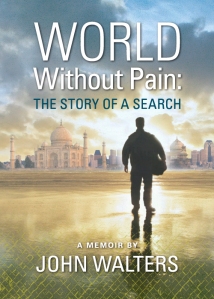














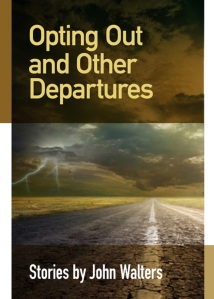

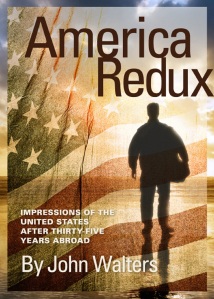
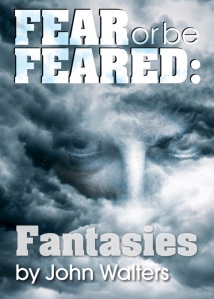
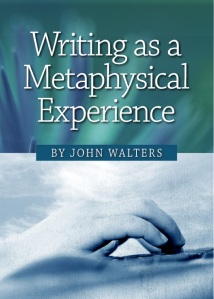
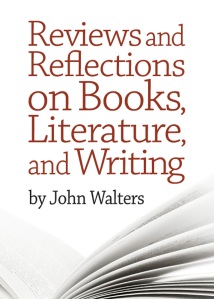

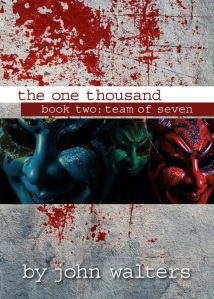


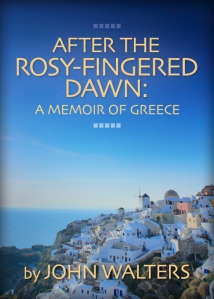





The parallels between Hearst and today’s elitist, over-privileged, “I am the center of the world” billionaire manipulator are so clear in your essay (and presumably, the biography itself), I await the next installment of your commentary.